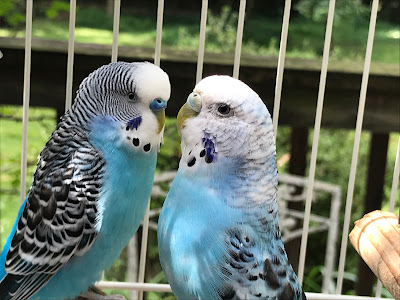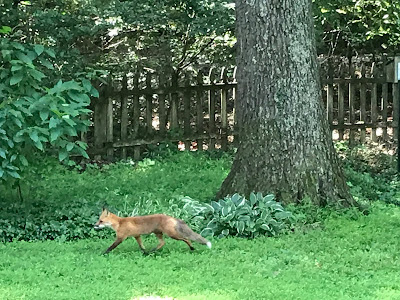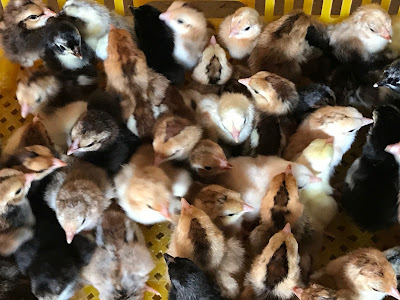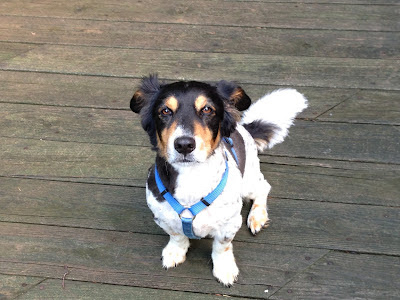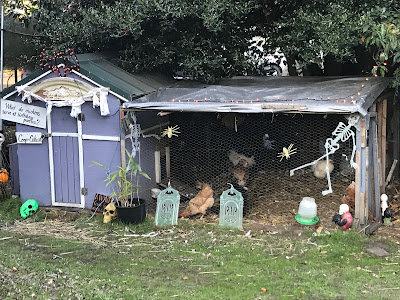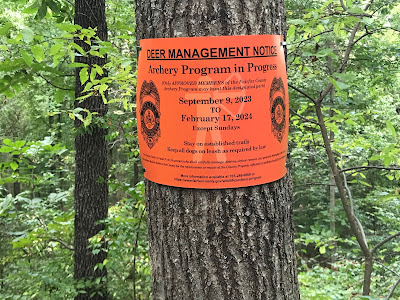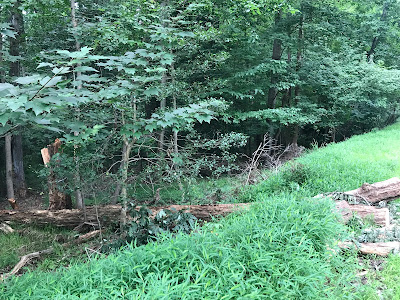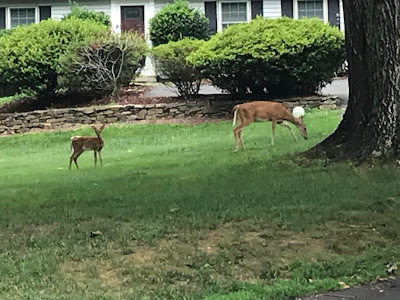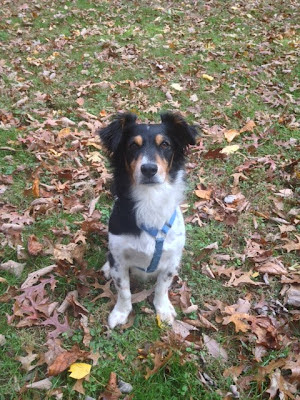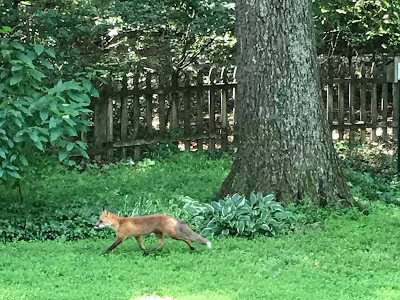Capturing Birds
Once upon a time, I wrote a book for parents, encouraging them to avoid the trap I’d fallen into, double-thinking my words and actions until I’d turned what used to be a joyous and natural activity — raising kids — into a highly fraught, expert-dominated procedure.
In one chapter I talk about what children bring to adults when they’re allowed to remain children, not miniaturized adults, how they remind us of the way the world looks when we’re just coming alive to it.
I was reminded of this the other day when Isaiah asked his mother why his grandparents “capture birds.”
We keep parakeets in a birdcage, you see, but to Isaiah, we are stalking the Northern Virginia landscape in search of parakeets. Every time I think of this, I smile.
It’s the child’s mind trying to make sense of what he sees around him — and it’s a joy to observe.
(Two of our “inmates.”)
